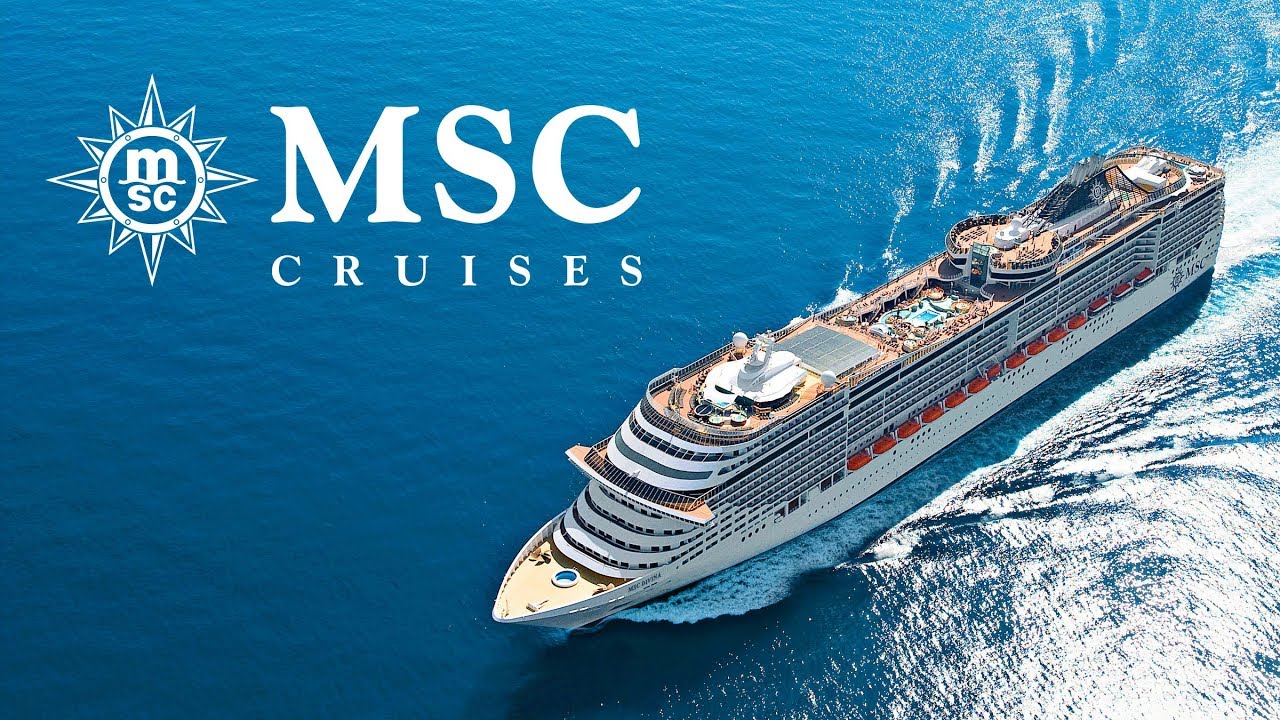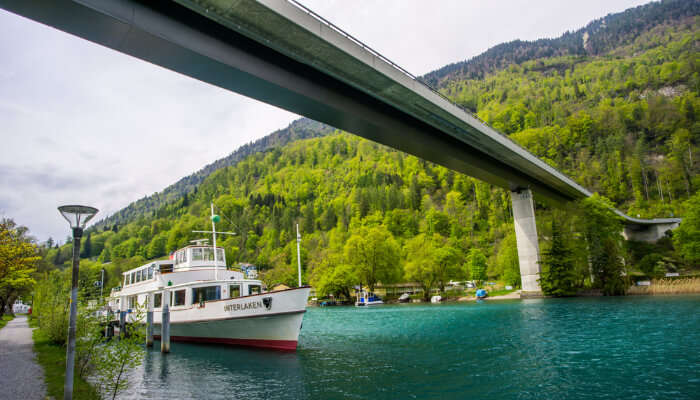
There are many common cruise ship diseases. These include Norovirus (seasickness), and food poisoning. You can read on to learn about cruise ship illnesses. Consider a cruise if any of these conditions are new to you. You can also learn about Legionnaires’ Disease and Food Poisoning on Cruise Ships. These are the most prevalent diseases aboard cruise ships. These diseases can all have different symptoms.
Norovirus
After a seven-day journey, Royal Caribbean passengers and crew returned to their homes following the norovirus outbreak. The ship returned home to Port Everglades with approximately 1,991 of its passengers and crew suffering from the virus. The CDC claims that between 19-21 million Americans get the illness each year. The exact number of victims is not known.
Researchers calculated that passengers could contract norovirus infection after only eight hours. However, in reality, the rate of norovirus infection is much lower, at less than 5%. In fact, in 2002, 74 passengers and two crew members were infected by acute gastroenteritis. The data suggests that the strain may have originated from Sydney. These results raise questions about how effective the simulations were.

Food poisoning
A recent outbreak is known as "food poisoning", which is a gastrointestinal illness that has struck a number of cruise ships. The Oasis at the Seas, Royal Caribbean cruise ship, will stop its journey after more than 250 people have become sick from the outbreak. The company acknowledged in writing that there was an outbreak on one of their ships. Important to remember that the CDC is still investigating the Oasis outbreak and is not attempting to provide a complete analysis.
People can experience food poisoning from cruise ships. It can cause vomiting, fever, and other symptoms. Food poisoning can lead to death. However, the symptoms may look similar to other types. People who become ill from contaminated food and water can experience nausea, diarrhea and fever as well as dehydration, bloody urine, and dehydration. Many viruses, bacteria and parasites can also cause foodborne illnesses that can cause death, dehydration, infections, or even death.
Legionnaires' disease
Although there have been cases on cruise ships of legionnaires disease, victims are rarely able to identify the cause. A 1995 case of legionnaires' disease on a cruise ship involved a 67 year-old man with a history heart disease. Legionella pneumophila was found in the patient's stool and water supply. The infection was confirmed through monoclonal antibody subtyping and genome fingerprinting. The CDC has laid out safety standards for swimming pools on cruise ships. An increased risk of Legionnaires' Disease has been shown to be linked to cruise ship failure to drain their pools.
Even large cruise ships can be at risk from outbreaks. Even though cruise ships often invest in the best, most extravagant, and most well-designed vessels, many are old and have ageing water systems. A ship that suffers an outbreak could be subject to a law suit by those affected by the disease. The reputational cost to shipowners could be significant. It is vital to ensure that water systems are as clean and as safe as possible, regardless how big or small they may be.

Seasickness
There are several treatments for seasickness on cruise ships, from prescription drugs to acupressure wristbands. Keep in mind, though, that no single remedy is suitable for everyone. You might already be familiar with the best way to treat your condition if seasickness has been a problem. You should try other methods if your body doesn't respond to one. Some people swear that seasickness spreads easily.
If you don't want to feel seasick, take a cabin in the middle or lower deck. These areas are more stable than other parts of a ship and experience less movement and swaying. You may prefer a midship cabin with a balcony. However, if you tend to get seasick, you might need to choose a cabin that is closer to the rear or lower deck.
FAQ
What do you get on a cruise?
Enjoyment is key. There's no need to be too serious - just have fun.
You will find many activities for everyone. Even if you're feeling bored, you can always find someone to talk with.
Cruising is about enjoying your time and being relaxed. You don't have to see everything.
There are many types of cruises available. They range from shorter trips across Europe to more extended journeys across the Pacific. The length of the trip will depend on what you are looking to do during your vacation.
These are the 4 factors that determine the cruise's cost.
The main factors that will determine the price of your cruise are how much time you want to spend aboard, whether or not you prefer an all inclusive package, how many guests you plan on bringing along, and what cabin type you have booked.
Do you have any additional information I should know before I take a cruise or go on one?
You should know many things before going on your first cruise. First of all, remember that you will be traveling with other people. Be kind to these people, as you will never know their opinions on anything. Remember that you'll be sharing meals and drinks with strangers. You should dress appropriately. You should not wear tank tops or shorts on deck. Wear comfortable clothes that won't get dirty. Prepare for extreme temperatures. Sunscreens are essential. If you plan to spend some time outdoors, be sure to pack a hat with sunglasses and a light jacket. You are responsible for your own actions. Don't drink & drive!
Statistics
- *20% Gratuities Apply on Free Unlimited Open Bar; Free Specialty Dining. (ncl.com)
- For an example of savings, Royal Caribbean offers up to a 40% discount with a dining package. (travel.usnews.com)
- The line estimates savings of 50% when you purchase this bundle. (travel.usnews.com)
- In addition, 10 to 15 percent gratuity is typically added to bar bills — for alcohol and soft drinks — and gratuities are applied to spa treatments. (cruiseline.com)
External Links
How To
How to keep safe while on a cruiseship
On a cruise ship, there are many things you should know before embarking on your journey. Behave properly onboard to avoid any problems. Here are some safety tips to help you enjoy your trip.
-
Pay attention to your surroundings at all costs. On board a cruise ship, people tend to congregate together, especially during meals. Because you are surrounded with people who want to talk and eat, it is easy to get distracted from your tasks. This should not distract from what you are supposed do. If you spot someone using dangerous substances, such as smoking or alcohol, let them know politely.
-
When you board the ship, keep your room key close by and give it to the person checking in. You will be able to tell them where you are if they need you. Also, make sure to have your passport.
-
Keep valuables away from prying eyes. Most cabins have drawers under their beds. That's a great place to store valuables such as passports, credit cards, and money. You should also make sure that nothing of value is visible. Your bags should be kept in the closet, so that no one can see them.
-
Keep hydrated. It can be hard to remember that cruise ships provide ample water. Make use of the free bottled water provided throughout the ship. Avoid becoming dehydrated. Dehydration can make you tired and cranky, which can lead to fights or other accidents.
-
Be attentive to all announcements. Announcements can also be seen on television screens and in public addresses systems. These announcements include safety procedures, emergency exits and weather reports. These announcements should be heeded. These announcements could save your life.
-
Always lock the cabin before you leave. Never leave your cabin unlocked, no matter how friendly a crew member seems. Thieves often break in through unlocked doors. You should ask the crew for permission before you use the restroom.
-
Avoid going overboard alone. It takes time for the ship’s crew to rescue anyone who falls overboard. Your body could be attracted by sharks or other sea animals. It's best to wait until help arrives.
-
It is forbidden to smoke in the elevator. These elevators are pressured, which means smoke can quickly build up. You should immediately get off if you feel dizzy, lightheaded or confused. The fresh air outside doesn't necessarily mean you can breathe easily.
-
Be familiar with the evacuation procedures. Each year, thousands of people die after being trapped in elevators. If an emergency occurs, follow the instructions on the screen.
-
Make sure you are familiar with the fire drill. Fire drills happen regularly, usually once per day. Everyone on deck must evacuate when there is a drill. Follow the instructions given by crew members. Once the drill is over, you can go back to the cabin and lock the doors.
-
Ask questions before you accept food and drinks. Cruisers often experience food poisoning. It is common for people to not realize that certain foods can't be eaten onboard ships. Most cruise ships prohibit raw oysters. If you aren’t certain whether or not the food that you’ve been served is safe for you, please politely decline to accept it and find another meal.
-
Take care when you use the pool. Many passengers have accidentally fallen into the pool. Do not be alarmed if you fall in the pool. It's also possible to slip and fall on deck at any time. Make sure you have the right footwear and pay attention around you.